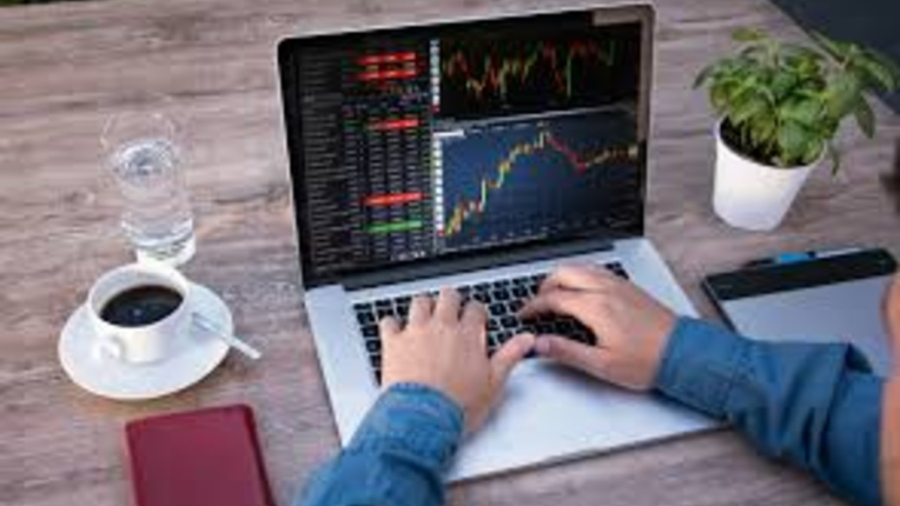Are you interested in diversifying your investment portfolio and seeking high returns? You can consider commodity trading. However, getting started can be challenging, especially with several pain points, such as understanding market volatility, risk management, and choosing the right trading platform. This comprehensive guide aims to simplify the process, making your journey into commodities trading as smooth as possible.
Understanding Commodities Trading
To start, we need to grasp what commodities are. They are basic goods used in commerce, interchangeable with other goods of the same type. Commodities include:
- Agricultural: Grains like wheat and maize or soft commodities like cotton and sugar
- Energy: Crude oil, natural gas, and gasoline
- Metals: Gold, silver, and other precious metals
Commodities hold significant importance in the financial market. They act as a key investment vehicle, allowing investors to hedge against price changes and inflation. Additionally, commodities serve as a good option for portfolio diversification. They often move in opposition to stocks, providing a cushion against unpredictable market conditions.
Why Trade in Commodity?
Commodity Trading can provide you with several advantages. Here’s why it can be an attractive option:
- Potential Returns: Commodities have shown historical returns competitive with equity and debt markets.
- Hedging Opportunities: You can protect against inflation and currency risks, as commodity prices often increase when inflation spikes.
- Speculation: Due to supply-demand dynamics, commodities provide good speculative opportunities.
Nevertheless, you must also understand that trading in commodities can be riskier than traditional online equity trading. It’s more susceptible to supply and demand shocks and global economic changes.
The Mechanics of Trading
Before you start, familiarise yourself with the major commodity exchanges in India: MCX, NCDEX, and ICEX. They function as the backbone of commodities trading, providing a platform for trading in different commodities.
To trade, you need to understand commodity futures and options. These are contracts to buy or sell a specific commodity at a predetermined price on a future date. They allow traders to speculate on price movements, providing profit opportunities.
An integral part of trading commodities is understanding how commodity prices are determined. It primarily revolves around the basic economic principle of supply and demand. The interplay of these two forces in the market significantly impacts the prices of commodities.
Starting Your Journey in Commodities Trading
To begin your journey, you must open a commodities trading account. Here’s a step-by-step approach:
- Find a Broker: Much like in online equity trading, you need a broker to trade commodities. They should offer competitive brokerage, excellent service quality, and research support.
- Complete KYC Procedure: You’ll need to provide documents such as PAN Card, Aadhaar Card, and bank account details.
- Account Activation: Your account will be activated once your KYC process is complete.
Once you have your account, you’ll need to understand the trading platform. It should be user-friendly and offer various features such as a live market watch, advanced charting, and alerts.
Strategies for Successful Commodities Trading
To succeed in commodities trading, having a strategy is crucial. Consider these points:
- Technical Analysis: Use charts and trends to predict future price movements.
- Fundamental Analysis: Analyse economic factors that affect commodity prices.
- Risk Management: Use tools like stop loss, position sizing, and diversification to manage your risk.
Remember, successful trading requires discipline and patience. It’s important to stay level-headed and not let emotions dictate your trading decisions.
The Role of Global Events in Commodities Trading
Global events can significantly impact the prices of commodities. Political instability, environmental changes, and shifts in economic policies can affect supply and demand dynamics. It’s essential to stay updated with international news as these events can offer valuable trading opportunities or serve as risk indicators.
Conclusion
Commodity trading can be a promising avenue for investment and wealth generation. But as with all financial ventures, it demands a thorough understanding, careful planning, and disciplined execution. As you embark on your commodities trading journey, remember to continuously learn, stay updated with market trends, and always adhere to compliance norms.
Read more blogs here

